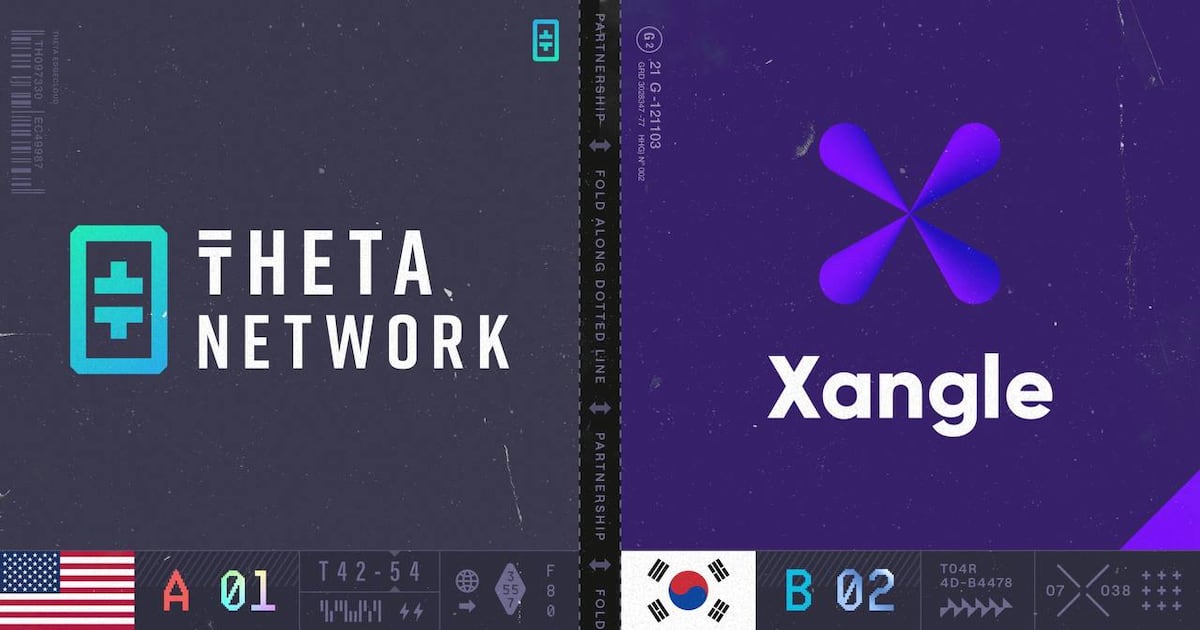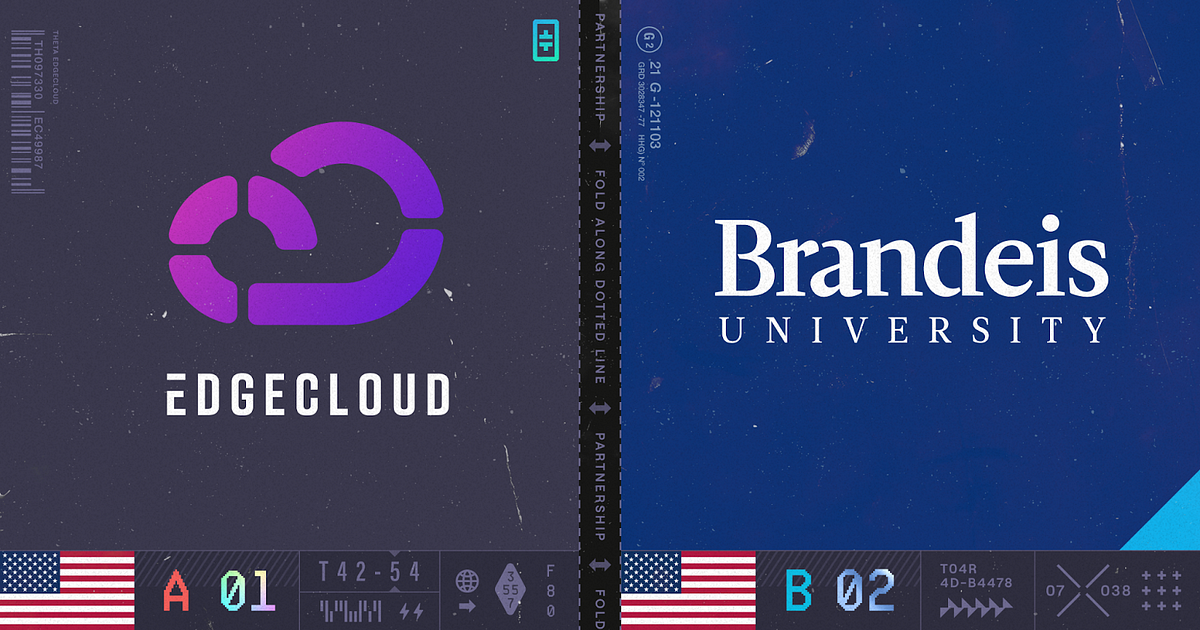Solana's Innovations Overlooked in EVM-Biased Report

In a recent analysis of a16z’s report on the “State of the Crypto Industry,” Lily Liu, Chair of the Solana Foundation, highlights a notable EVM bias that overlooks Solana’s impressive achievements in transaction fees, NFTs, and the DeFi market. Despite Solana leading in NFT addresses and transaction volume over the past year, the report fails to acknowledge significant innovations in decentralized physical infrastructure networks (DePIN), such as Helium and Hivemapper, which thrive within the Solana ecosystem. Liu argues that the report’s binary framework, which positions EVM and non-EVM ecosystems as oppositional, misrepresents the true landscape of blockchain development and user engagement.
Liu emphasizes the importance of transaction fees as a more meaningful metric for assessing ecosystem activity and health, rather than relying solely on active addresses or Total Value Locked (TVL). Since introducing a fee market, Solana’s transaction fee market share has surged from below 1.5% to consistently above 10%, peaking at 25% in July 2024. This shift indicates a growing economic value within the Solana ecosystem, narrowing the gap with Ethereum when considering Real Economic Value (REV). Furthermore, Liu critiques the report’s gaming sector analysis, which fails to adequately include non-EVM networks like Solana, leading to incomplete comparisons that do not reflect the full blockchain gaming ecosystem.
Additionally, Liu points out that the report’s focus on TVL for DeFi comparisons is insufficient, as it overlooks critical metrics such as transaction volume. While Solana’s TVL is only 10% of Ethereum’s, its monthly DEX transaction volume often exceeds that of Ethereum, highlighting its capital efficiency. Liu also notes that Solana’s low transaction costs have driven significant consumer behavior changes, exemplified by the success of platforms like Drip Haus. The absence of DePIN innovations within the report raises questions about its comprehensiveness, as groundbreaking projects like Helium and Hivemapper are primarily developing within the Solana ecosystem, showcasing the real-world applications of decentralized networks.
Related News





